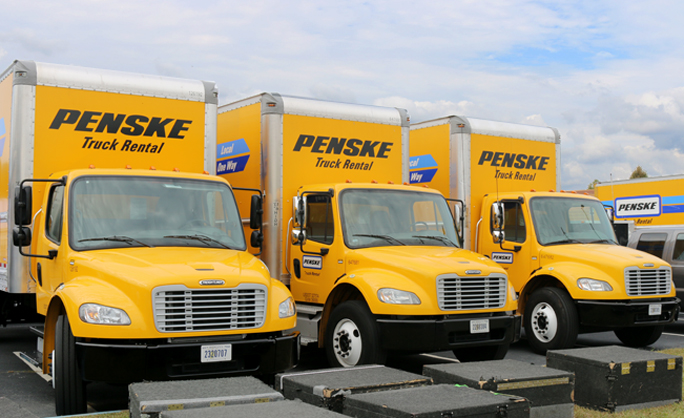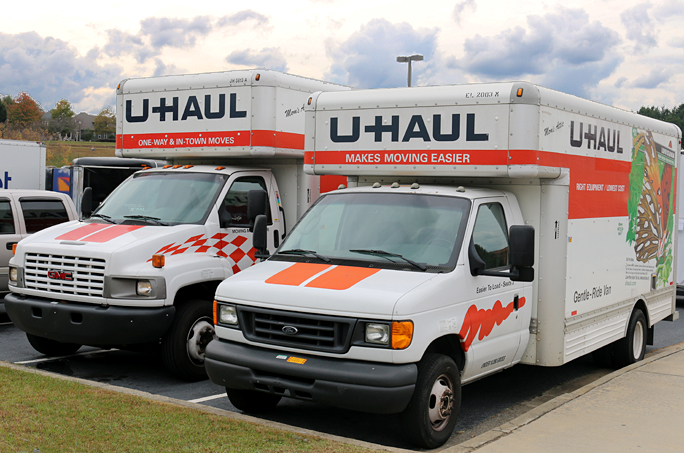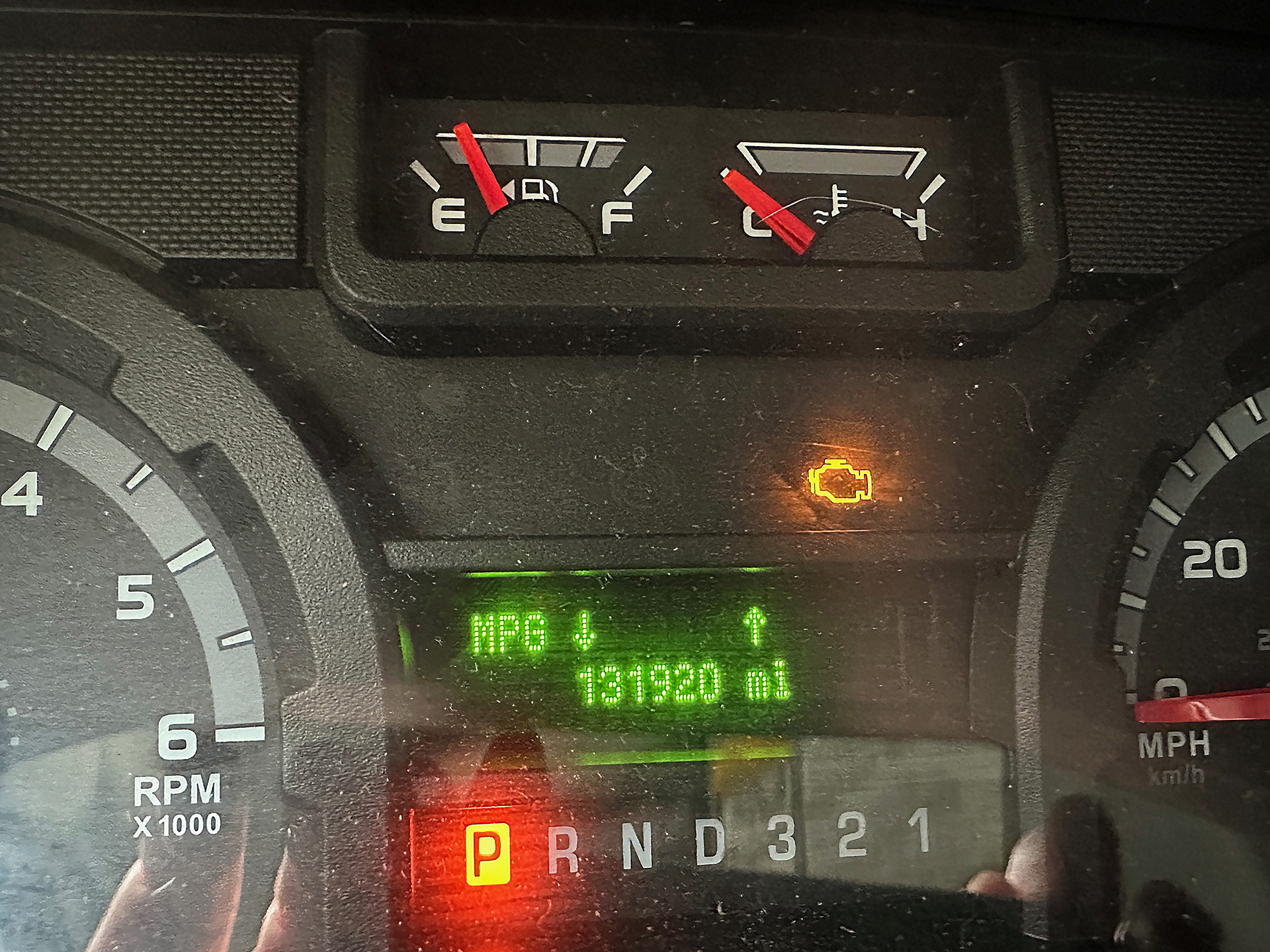Note: This article pertaining to How a $39.95 Rental Became $254.42 was originally published on Saturday, July 25, 2015 at 2:31 in the afternoon and has been updated.
A seasoned traveler might initially believe that renting a moving truck would be similar to renting a car — and that belief could typically be mistaken more often than not.
Consider the case of how a $39.95 rental became $254.42 for my friend whom I helped with his move. He researched companies where a truck can be rented for moving purposes; and one company had the lowest rental rate.
How a $39.95 Rental Became $254.42.

If you remember from this article which I wrote yesterday, I mentioned that he rented a truck 26 feet in length — clearly significantly more than he needed. “It was the same rate as the smaller trucks,” he said — thinking he got a deal.
The first thought which came to my head is that he will need to pay more in fuel for the larger truck, whose fuel tank has a capacity of 60 gallons. Regardless, bigger is not always better.
When I drove the truck, I looked at the fuel gauge, which indicated that there was only a quarter of a tank of gasoline remaining. I quickly viewed it again moments later and did a double-take: the fuel tank of the truck was then almost three-quarters full, according to the indicator.
The stupid fuel gauge indicator had a life of its own, as it kept fluctuating as if the magic gasoline fairy kept filling it and emptying it inexplicably.
Once all of his items had been stored in the storage unit and his car was safely parked, my friend then drove the truck back to the truck rental facility with me as his passenger; but he first stopped at a gasoline station to pump 13 gallons of fuel after driving the truck slightly shy of 80 miles. He also took pictures and video of the possessed fuel gauge — which at this point indicated that the fuel tank was impossibly less than completely empty.
My friend kept his receipt for proof that he put gasoline into the truck. To complicate matters, the fuel tank was not completely full when he took possession of the truck; so he could not just fill the tank all the way without a significant financial blow to his wallet.
He returned the truck to the rental facility after it already closed — something which I avoid doing at all costs as a result of this incident. He was not concerned about unexpected additional charges for the rental of the truck, as he took care of it, cleaned it, and returned it on the day he rented it — and the rate of $39.95 was good for 24 hours. There was no way that anything could go wrong.
We did use the furniture pads and the hand truck — each of which added five dollars to the rental rate. He was also being charged 79 cents per mile; and at 79.7 miles, he was charged $62.96 for mileage, bringing the total of the rental to $126.91 when including the $14.00 he paid for optional insurance — not yet including taxes and fees, of course, which amounted to $7.68 for taxes plus one dollar for an “environmental fee”…
…so imagine his surprise when his bill totaled $254.42. He contacted me via e-mail message in disgust, claiming that he “got screwed” by the truck rental company when an additional $88.83 was added for 20.9 gallons in “fuel sales” — plus a fuel fill-up service fee of $30.00.
Wait a minute: it was bad enough that he was being charged 79 cents per mile driven in the truck; plus the equivalent of $4.25 per gallon of gasoline — but to also be charged $30.00 simply to fill the truck up?
Does it really take $30.00 worth of resources to fill up a fuel tank? If so, I will run out right now to a busy gasoline station and offer to fill up people’s vehicles at $30.00 a pop, as I could become wealthy in no time.
Let’s see…filling a fuel tank in a vehicle usually takes fewer than ten minutes…times six vehicles per hour at $30.00 per hour for eight hours. If my math is correct, that is $180.00 per hour and $1,440.00 per day; $7,200.00 per week and $360,000.00 per year — not including the two weeks I reserved for myself for unpaid vacation time.
Remember that I mentioned that he filled 13 gallons of gasoline into the tank after driving it fewer than 80 miles. That is approximately 6.15 miles to the gallon, giving the truck a range of almost 370 miles on a full tank, which sounds about right — and even if it was not correct, the amount of fuel he used could not have been much more than that.
Final Boarding Call

I advised him to definitely fight this with the truck rental facility, as their own records of how many total miles he drove contradicts the exorbitant charge. He did fight the charges and proudly informed me that he successfully had the bill reduced by $125.00 — meaning that the final total of the bill was a more reasonable and respectable $129.42.
79 cents per mile was the rate for a rental truck exactly ten years ago in 2015 for a local move. Seeing that amount exceed one dollar per mile is unfortunately not uncommon in 2025 — although the lowest rate that I could find was 89 cents per mile. The base rate of renting a truck that is 26 feet in length increased by ten dollars to $49.95 in 2025.
The lesson to be learned here is to ensure that you have as many official documents as possible to prove your position should there be a dispute — including keeping a receipt of the purchase of fuel. Always check the fine print pertaining to your rental of a vehicle. Much of the advice I give in this article pertaining to the 13 tips on what you can do to prevent from being scammed by a rental car company can be applied to renting trucks for moving.
All photographs ©2015 and ©2024 by Brian Cohen.

